Lawn and Garden Resources
-
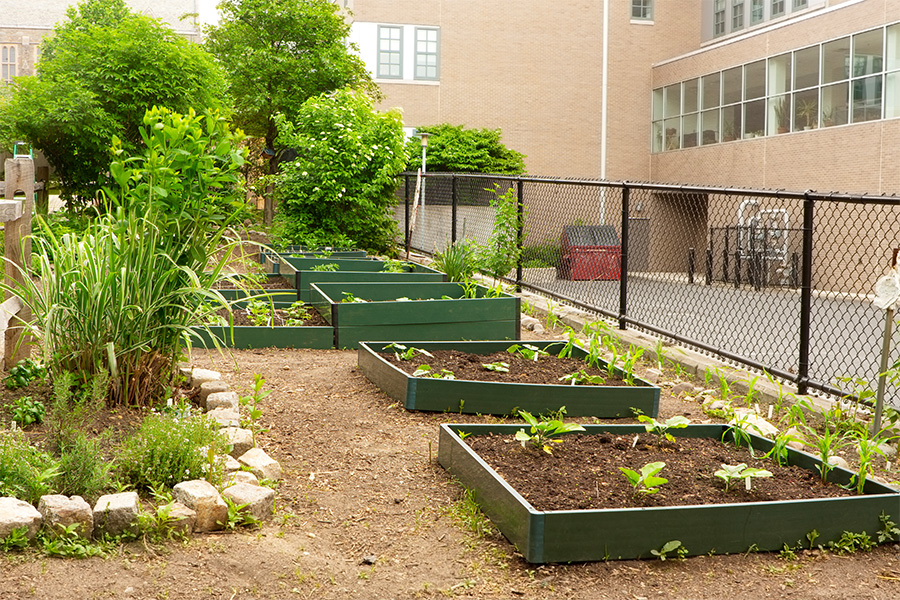
C 1027-3
Raised Beds vs. In-Ground Gardens
This publication describes the advantages and disadvantages of raised bed and in-ground gardens and may be used as a guide when planning a community or school garden project.
Bob Westerfield and David Berle
|
-
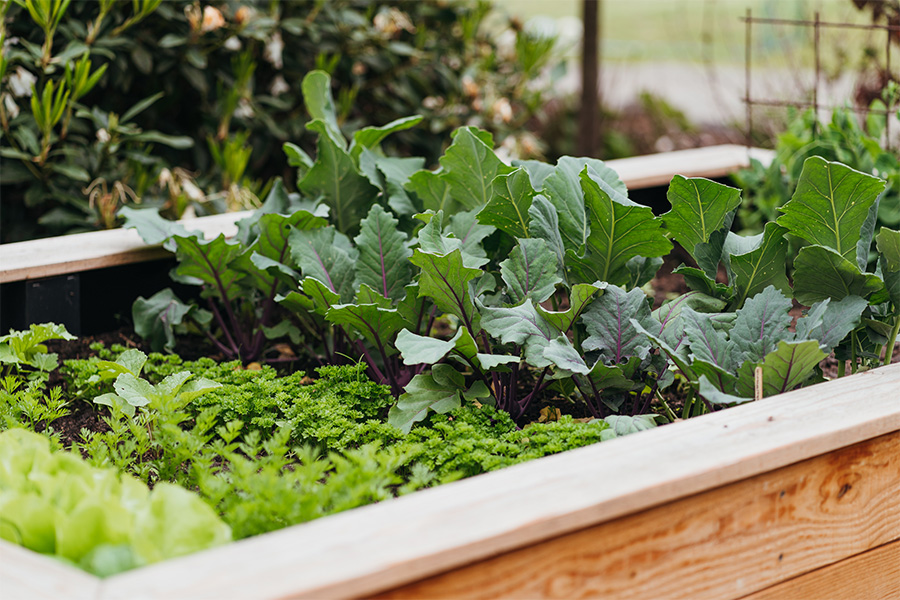
C 1027-4
Raised Garden Bed Dimensions
This publication helps determine the ideal dimensions of raised beds for community and school gardens by focusing on three things: materials, slope and accessibility.
Bob Westerfield and David Berle
|
-
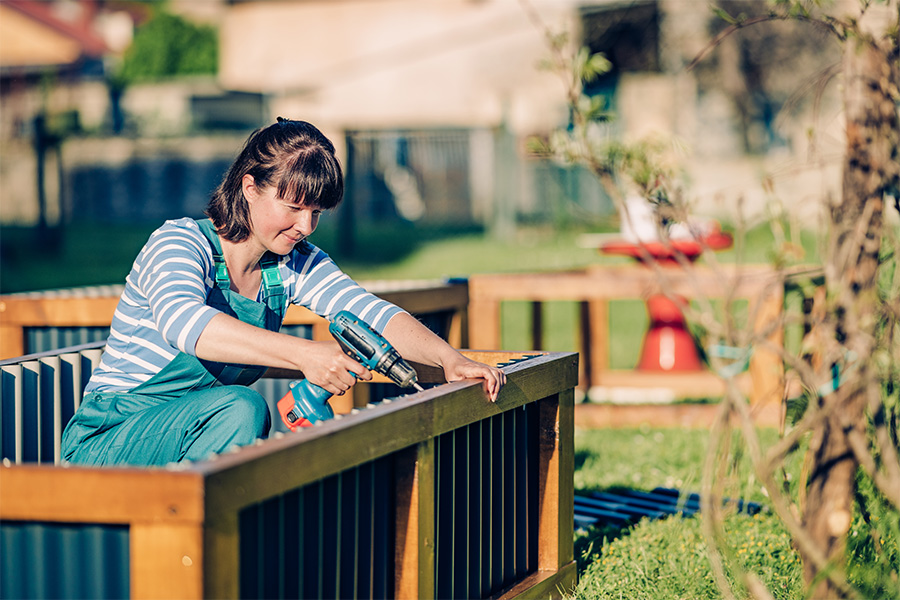
C 1027-5
Raised Bed Materials
This publication describes the advantages and disadvantages of various materials used for building raised beds, including types of wood, composite materials, recycled materials, and kits.
Bob Westerfield and David Berle
|
-

C 1027-2
Siting a Garden
This publication provides recommendations for properly siting a school or community garden, taking into account sunlight exposure, water availability, slope, garden access, tool storage, compost bins and other amenities.
Bob Westerfield and David Berle
|
-

C 1027-11
Sources of Water for the Garden
This publication discusses the advantages and disadvantages of various sources of water for a community or school garden, including municipal water, rivers or creeks, ponds, wells and rainwater.
Bob Westerfield and David Berle
|
-
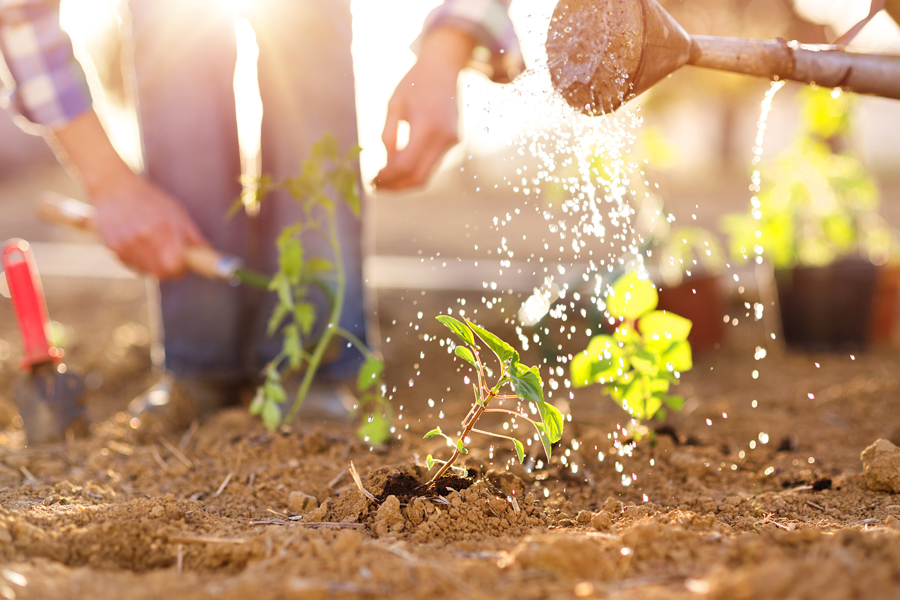
C 1027-12
Irrigation
This publication describes irrigation methods suitable for community or school gardens, including overhead sprinklers, hand watering and drip irrigation.
Bob Westerfield and David Berle
|
-

C 1027-13
Weed Control
This publication describes weed control methods that are appropriate for community and school gardens.
Bob Westerfield and David Berle
|
-

This publication describes common myths about cold protection and provides options for protecting plants from the cold in community and school gardens, including cold frames, row covers and hoop houses.
Bob Westerfield and David Berle
|
-
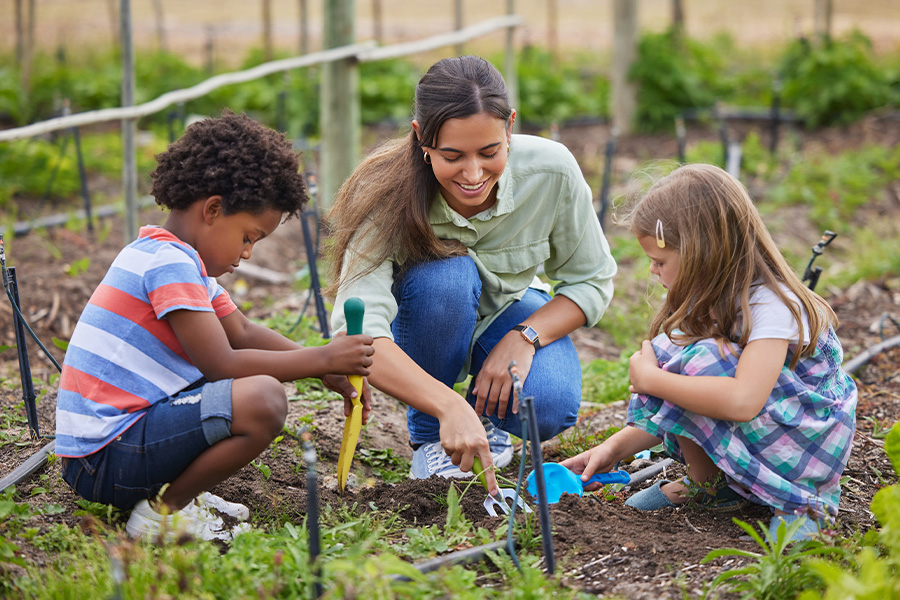
C 1027-10
Growing Fruits
Community gardens designed to provide locally grown food for families can be used to grow fruits in addition to the more commonly grown vegetables. There are many common and lesser-known fruits that are suited for planting in community garden situations.
David Berle and Bob Westerfield
|